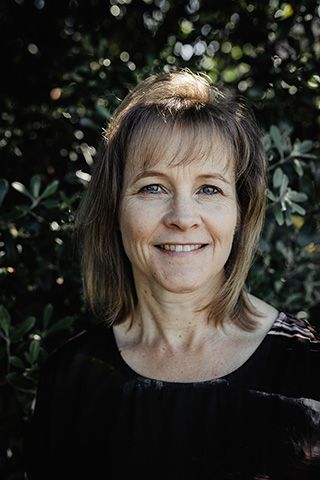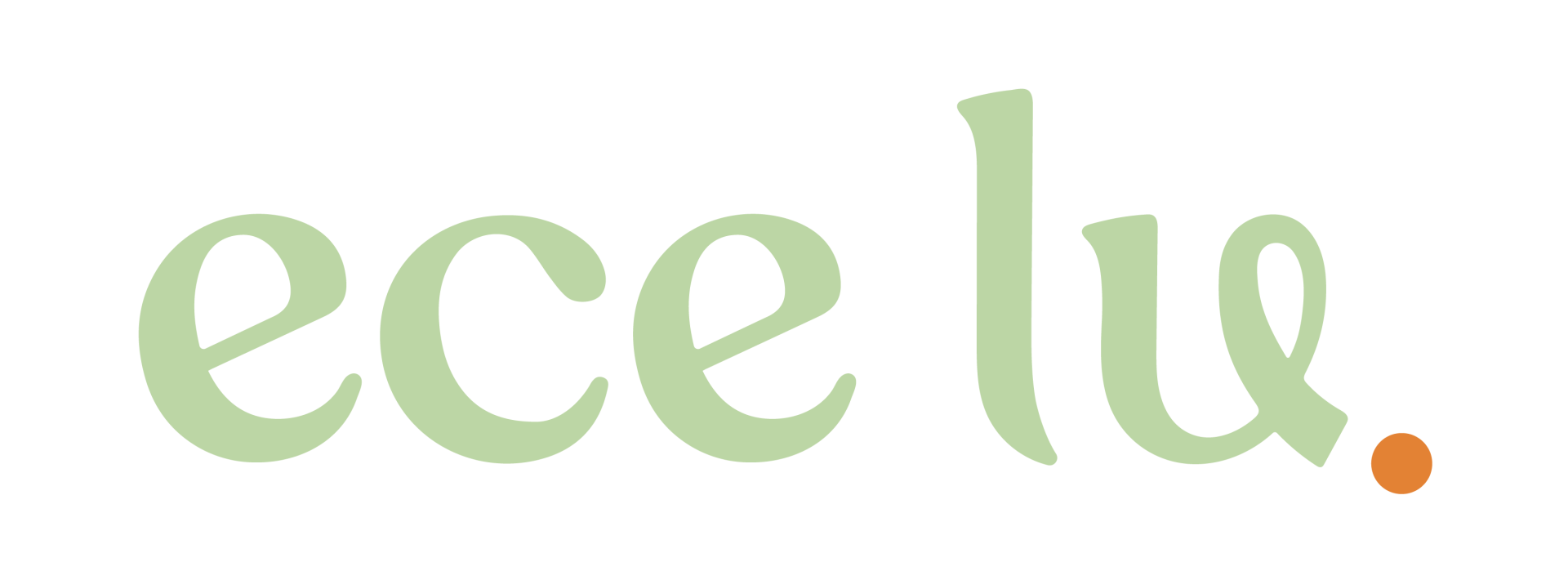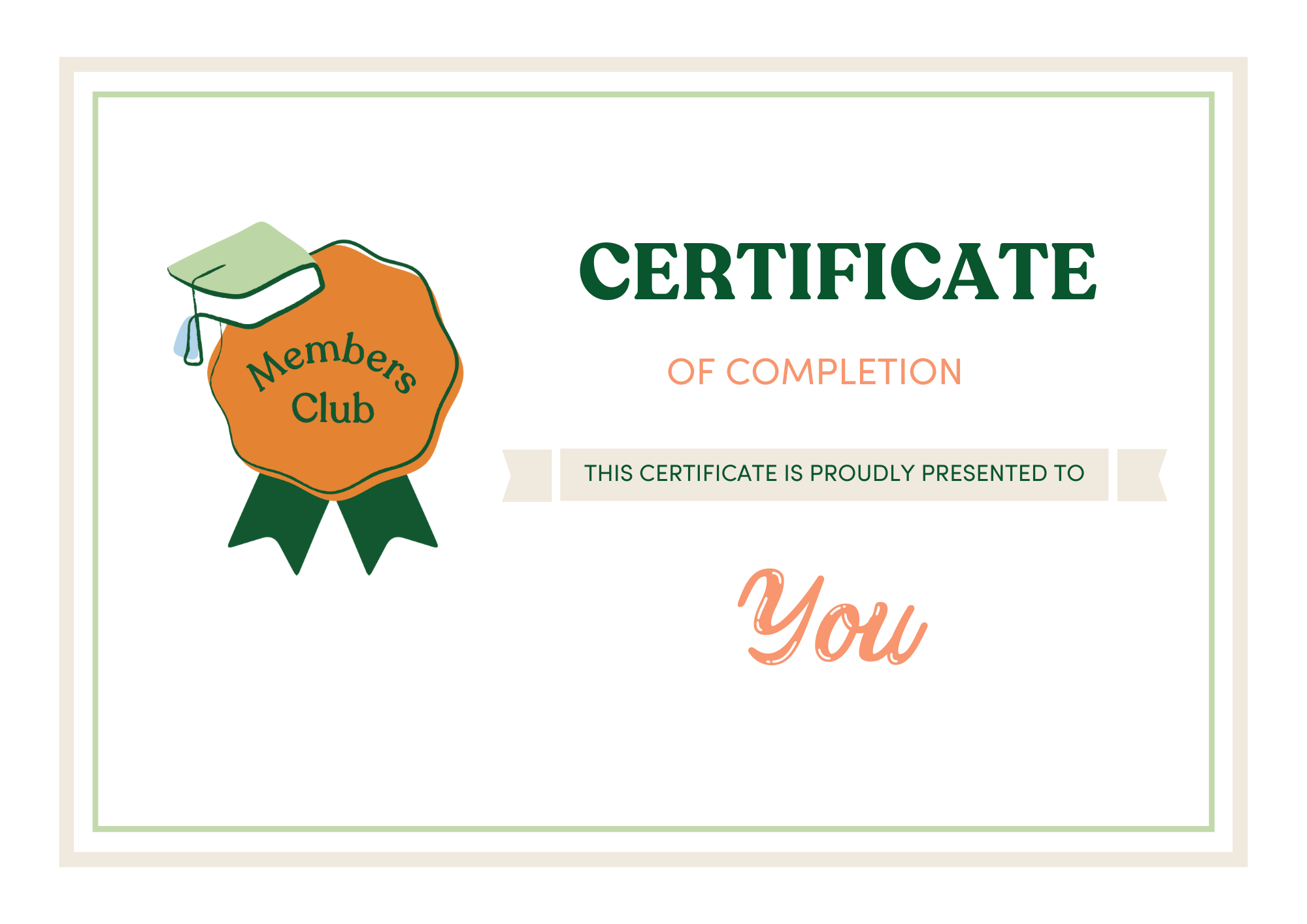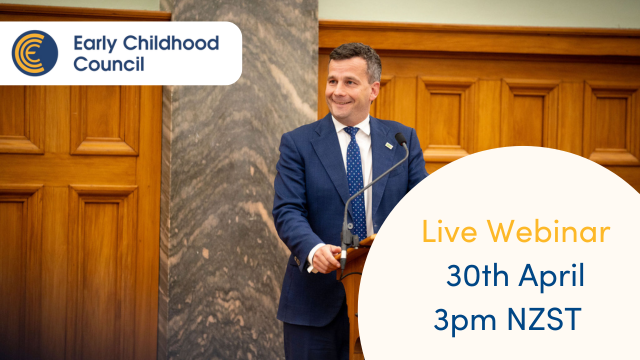1-027 Webinar
Supporting Children's Self Regulation
Self-regulation is a cornerstone of emotional and social development—it's the ability to manage thoughts, emotions, and behaviours in a way that enables positive interactions and adaptive responses.
Write your awesome label here.
$30 per person *Included in ECELU Club
What will you learn?

About the presenter
Bridgit Williams
MProfStud(Ed); BA (Ed); DipTchgECE; PGDip Montessori
Bridgit has been a professional learning facilitator and mentor since 2008, previously with EC Professional Support at the University of Auckland. She believes effective leadership and ongoing professional learning are key to improving quality in early childhood education.
Bridgit has been a professional learning facilitator and mentor since 2008, previously with EC Professional Support at the University of Auckland. She believes effective leadership and ongoing professional learning are key to improving quality in early childhood education.
Bridgit completed her Masters degree in early 2015, looking specifically at the induction and mentoring of ECE teachers. Her professional interests include effective leadership and communication, inclusive teaching practice, intentional teaching and implementing authentic curriculum.
Really enjoyed this! Very knowledgeable
— Alicia






